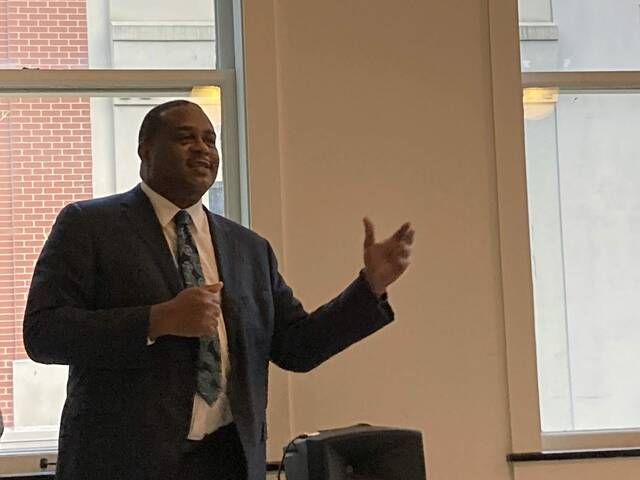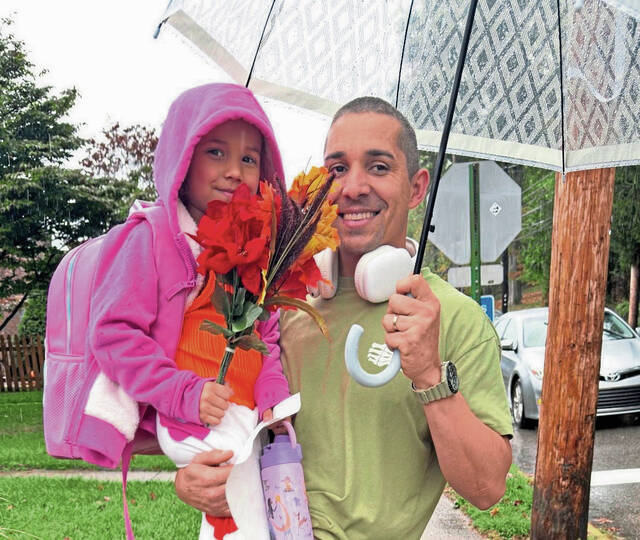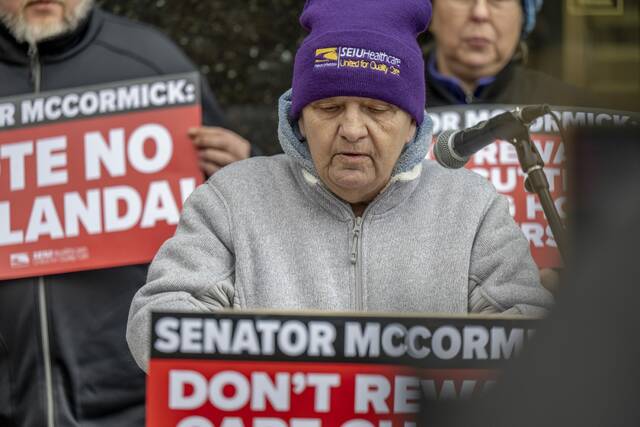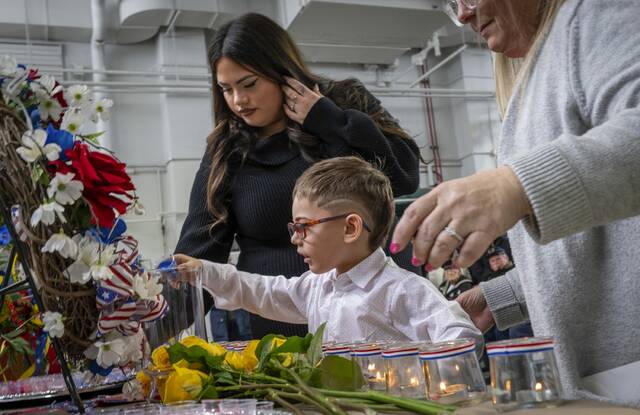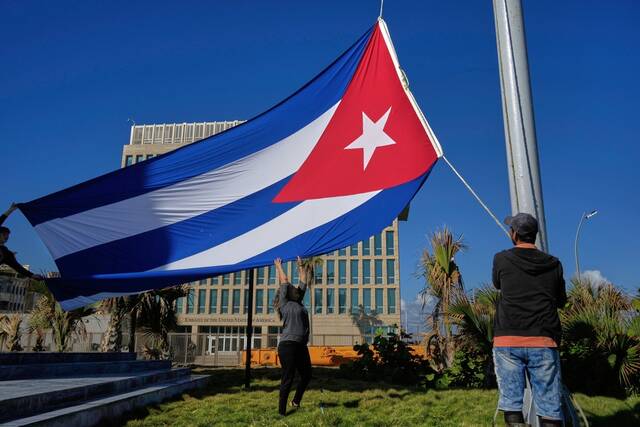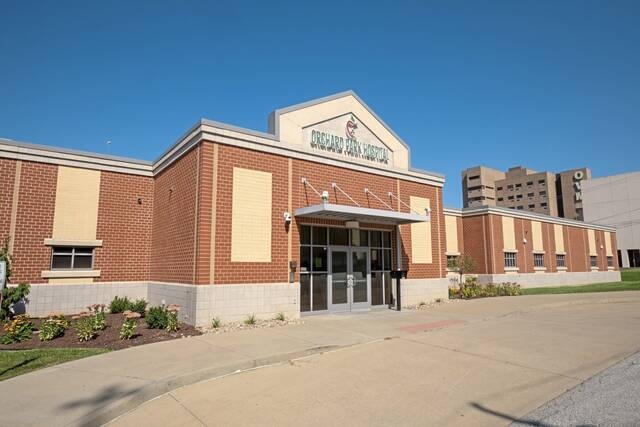As he prepares to take office, Mayor-elect Ed Gainey met with Pittsburgh residents, business owners and activists to discuss issues that he hopes to tackle while in office.
The event, hosted by the Downtown Community Development Corporation, gave people the opportunity to pose questions for the incoming mayor.
Gainey also used the platform to confirm rumors that State Rep. Jake Wheatley and Jake Pawlak, who served as Gainey’s senior adviser during his mayoral campaign and is now his transition director, will be members of his administration. He did not say which posts the two will have.
“I’m excited about what he brings from a vision,” Wheatley said after the event, adding that he and Gainey have been colleagues for many years and that he is eager to help the new mayor serve Pittsburgh.
Gainey highlighted several goals that he had emphasized on the campaign trail. He opened the meeting by imploring local residents and businesses to help him clean up the city’s Downtown area.
“We’ve got to clean Downtown up,” he said. “Downtown is not as clean or as healthy as it should be.”
With community support, he said, Downtown “should be the safest place in America.”
He also touted the city’s waterways and rivers, saying they’re a resource that should be better promoted in Pittsburgh.
Addressing violence and police reform, main staples of his campaign, are still priorities now that he has been elected, Gainey said.
He pushed for a public health plan “to address and eradicate violence.”
A structured plan, created with community input, is the only way to truly solve the problems with violence that Gainey said prevails in too many of the city’s neighborhoods. Without a carefully-crafted plan, he said, the city will “just keep spending money on a band-aid” rather than addressing the roots of the problem.
“Violence is as deadly as covid,” he said. “They’re both pandemics.”
Gainey repeated his plans to reform the city’s police bureau, a message he consistently reiterated throughout his campaign. Gainey’s plans for public safety include “de-militarizing” the police force, making officers “walk the beat” in the communities they patrol and ending the practice of “over-policing” predominantly-Black neighborhoods, he said.
When asked about a large number of Black-on-Black crimes that seem to go unsolved, Gainey said that his sister was murdered and his niece was shot in the head three months ago by a killer who has yet to be prosecuted.
“I don’t always pretend nor do I know to have all those answers,” he said, explaining that he wants to partner with the county and other entities to ensure that “we have an opportunity to be able to close some of these.”
He said they should also be working to ensure people feel safe to testify in such cases.
Similarly, he said, eliminating violence isn’t something that can be done in one simple solution. That’s why he’s advocating for a robust public health plan.
His answers sparked outrage from one Black community activist who screamed profanities at him and said she was disappointed in him after having had high hopes about the city’s first Black mayor. The woman claimed Gainey only answered questions that mattered to rich people and ignored the plights of poor minority residents, only offering vague responses to their questions about matters like violence and policing.
Gainey, however, emphasized that his community health plan and other goals to curb police brutality and violence citywide would be implemented as a way of addressing those concerns.
He declined to provide detailed comments about Jim Rogers, who recently died after he was hit with a police Taser. He said he wasn’t privy to the specifics of the case and therefore did not feel comfortable elaborating on it.
Gainey acknowledged that his transition was moving slower than some others, and said he didn’t have specific information on certain questions that were asked Monday.
After defeating incumbent Mayor Bill Peduto in the May primary, he faced retired police officer Tony Moreno — who came in a distant third in the primary race — in the November general election. Having a general election challenger, he said, put his team behind in the transition process.
He was asked multiple questions about the city’s Department of Permits, Licenses and Inspections, with several people in attendance complaining their procedures were inefficient and outdated. Gainey acknowledged a problem there, but said he couldn’t address specific solutions because of the slow progress of the transition.
“We haven’t had a chance to examine the systems,” he said of the city government’s internal workings.
He did, however, say that “morale is down” in local government, and pointed to better support systems and better pay as potential answers.
“That type of change is not overnight,” he said.
Though he has emphasized the need for public participation in his goals, he said that details on how that public engagement may be implemented wouldn’t be available until he was in office.
Still, he said that the community would have a voice in his administration.
“My job is to hear from you,” he said.


